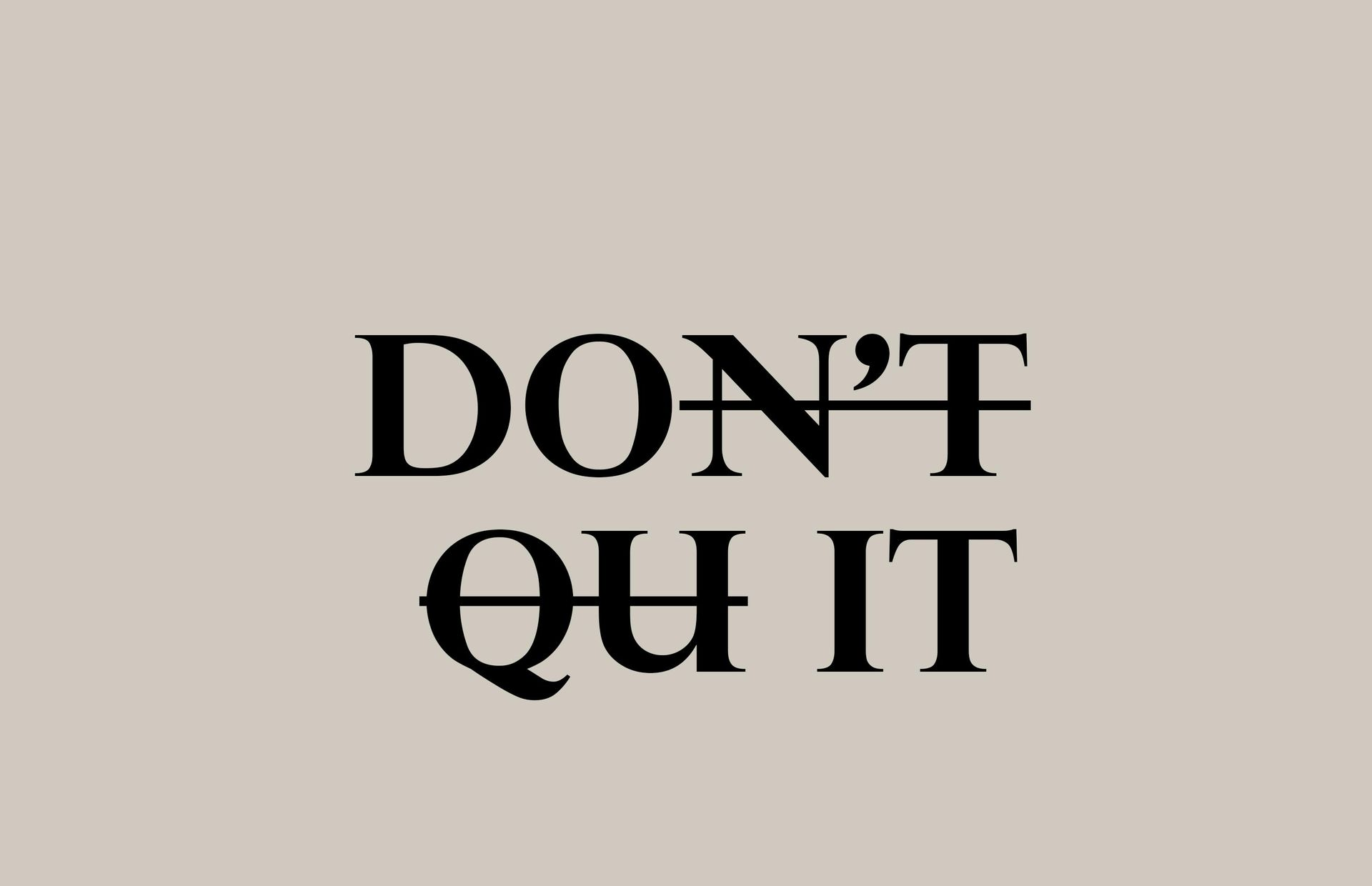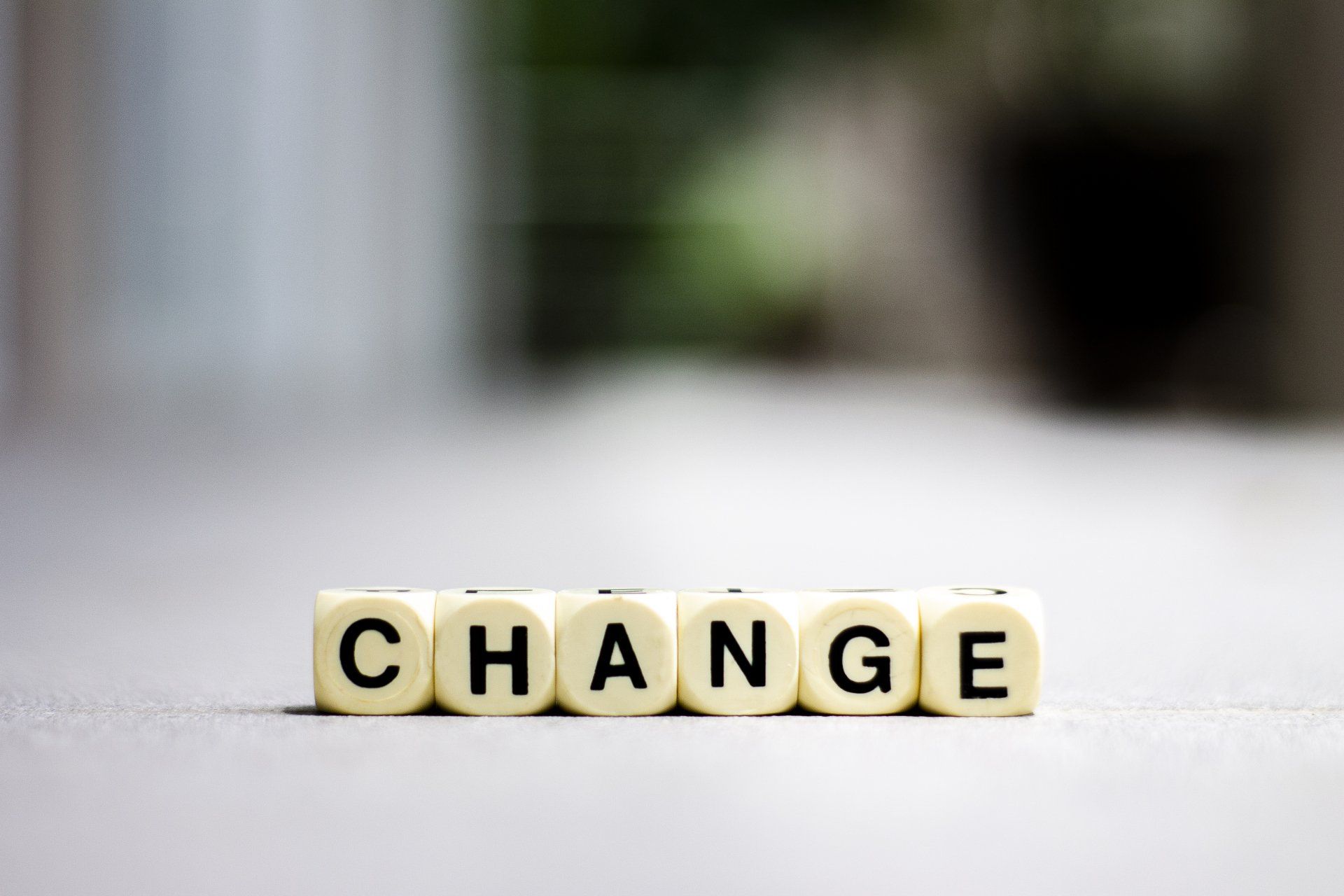Resilience Reflections
Clarify Risks and Benefits to Make Better Decisions

Have you ever had to make a decision about a potentially significant change or felt uncertain about which path to take? While the average person makes over personal 33,000 decisions per day, from what shirt to wear to what to eat, complex decision making requires more effort. When uncertain, clarifying potential risks and benefits leads to better decision-making. This can be particularly useful between two seemingly good options, such as a decision to take a a promotion or to go back to school after 10 years because you would like a new career. The uncertainty may lie in choosing to grow in your current career, going back to school to pivot into a new career, or a desire to do both. Thinking through benefits and risks for taking (or not taking) action allows us to become more comfortable with possible outcomes.
We have different perspectives based on filters, stage of life and other circumstances. One person may view an option as 'not that beneficial' with 'too much risk', while another might view the same option as 'very beneficial' with 'little or no risk'. Factors beyond our control- such as a a job loss or medical diagnosis- may lead us to have to re-asses our options. Something that we may have been perceived as not beneficial or too risky in the past may now be viewed as much more beneficial due to different life circumstances, such as choosing to take a job in the city where an ailing and frail parent resides.
Risk-benefit assessments are often used for organizational decision-making and planning; however, they can be used for personal decision making too. A simple "pros" and "cons" list may be used to assess risks and benefits by identifying potential positives and negatives, such as "What are the positives/negatives that could happen based on doing/not doing XYZ"? By clearly and specifically identifying possible risks and benefits, one is able to make more informed decisions. The next time you need clarity about which path to take or what decision to make, ask these questions:
- What are the options before me and what is the decision to be made?
- Do I have all of the information and time needed to make a thorough assessment?
- What are the potential risks, negatives, or worst thing that could happen if I do/don't...?
- What are the potential benefits, positives, or best thing that could happen if I do/don't...?
“The most difficult thing is the decision to act, the rest is merely tenacity.” – Amelia Earhart
© 2024 E. Enriquez Counseling & Coaching, LLC









